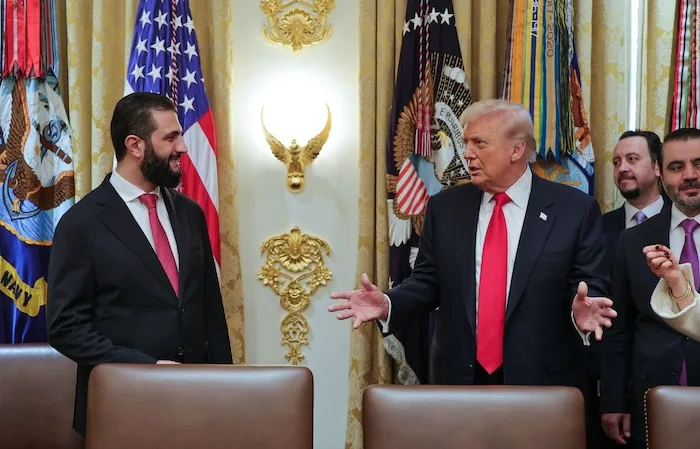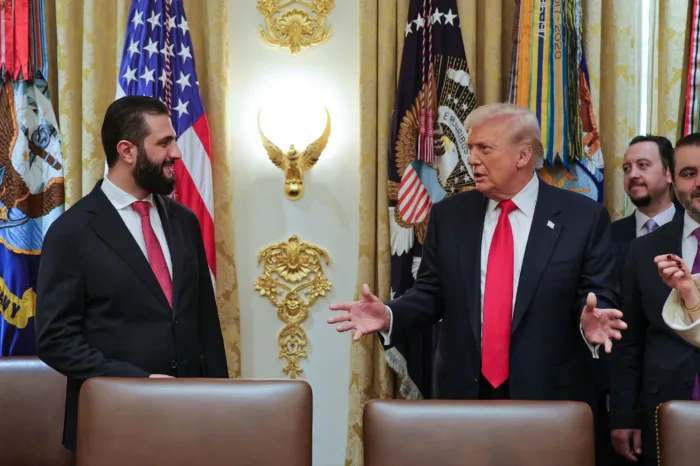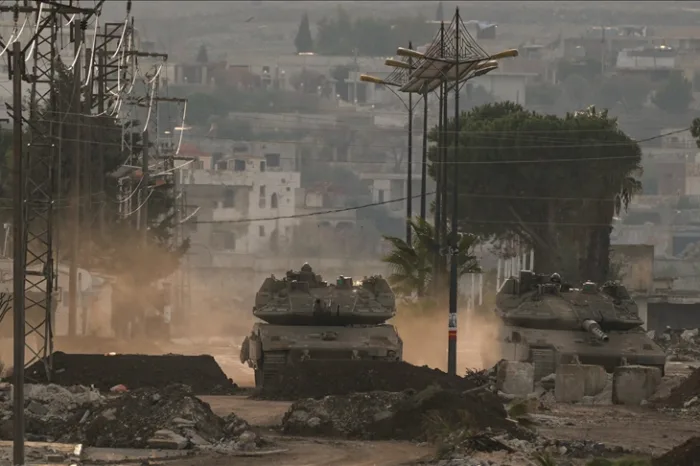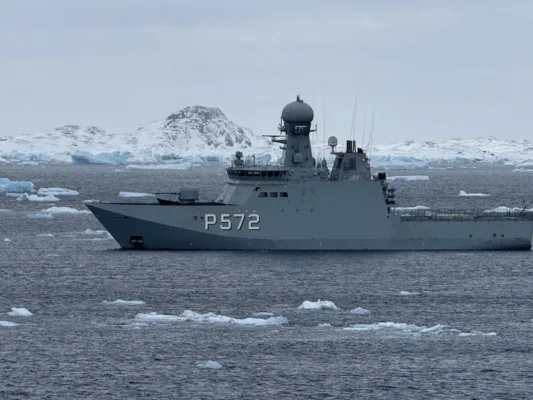China in Syria
Although it prompts various questions, it is quite clear that China’s policy change, in other words its involvement in the Syrian conflict, will do nothing but increase chaos in the region.
While there are many unknowns about Russia’s motivation and the end goal in deploying some units in Syria, in recent days there has been some unconfirmed information about China’s potential interference in Syria.
On Friday, Pravda reported, according to Russian Senator Igor Morozov, a member of the Russian Federation Committee on International Affairs, “Beijing has decided to take part in combating [the Islamic State of Iraq and al-Sham (ISIS)] and sent its vessels to the Syrian coast.” Morozov also stated that a Chinese cruiser had already entered the Mediterranean and an aircraft carrier follows it. Pro-Assad media also made similar reports about China’s military interest in Syria. According to these sources, Chinese naval vessels entered the Mediterranean Sea from the Suez Canal, and according to a senior officer in the Syrian army, these vessels are scheduled to arrive in the city of Latakia in the next few weeks. Some other reports argued, “If Assad asks, China can deploy troops to Syria.” Although none of this information has been confirmed, there is an increasing degree of discussion, at least in social media right now, about the potential involvement of China in the conflict in Syria.
While Russian motivations are unclear, China’s potential involvement would further complicate the conflict on the ground. It is important to remember in both Russia and Syria, information about the news was delivered by pro-government media. If the abovementioned claims are correct, what are the potential causes of the strategy and doctrine change by the Chinese government that would make one of the most anti-interventionist governments interfere in one of the most challenging civil wars in recent history. At this point, in the absence of any statement by the government or solid evidence of the policy change, we only have questions about the hypothetical instance of a potential shift in China’s policy.
It is important to have a response to the motivation for China’s policy change. Can we consider it part of a comprehensive policy change by China in the Middle East? China has been considering its capability for power projection in different parts of the world. Projects such as Gwadar Port and “string of pearls” were mentioned with regard to these policy searches. In particular, due to its energy dependence on the Middle East and Africa, Chinese policy makers were thinking about various ways to increase their influence in this part of the world. Although Syria may not be directly about energy, to have some leverage in a country in the region can be considered important for Beijing. In recent months there have been an increasing number of reports about China’s attempt to have its first overseas bases in Djibouti. Although it is not yet confirmed, such a policy change may be related to a larger strategy change.
Secondly, there is a question about the possibility of a power rivalry among major powers in the region. Since the rumors and reports about China’s involvement came after Russian involvement, it is necessary to ask questions about the nature of Russian-Chinese relations and the impact of this possible policy change. Is it an attempt by China to form a parallel coalition in the Syrian conflict together with Russia or is it an attempt by the Assad regime to diversify its patrons and thus softly balance the Russian influence in Syria? Although in most reports, the fight against ISIS and China’s approach to the fight against terrorism was stated, how much of this policy change is related to the fight against terrorism and how much of it is related to keeping Assad in power? Finally, does this possible policy change have anything to do with China’s willingness to increase its visibility and influence as a major global power? Although it is an economic giant, the diplomatic, political and military absence of China in different crises around the world has made it irrelevant with regard to the most important crises in the world. Is the Beijng government changing its policy to become more relevant and visible?
The answers to these questions will be important to understand Chinese policy in the Syrian conflict. In the coming days, the PRC might feel more pressure to make some statements clarifying its position about this conflict and about the reports of China’s involvement in it. It will be hard to make an analysis of this possible intervention, but the only thing that is certain is it will further complicate the conflict.
This article was first published in the Daily Sabah on September 28, 2015.























